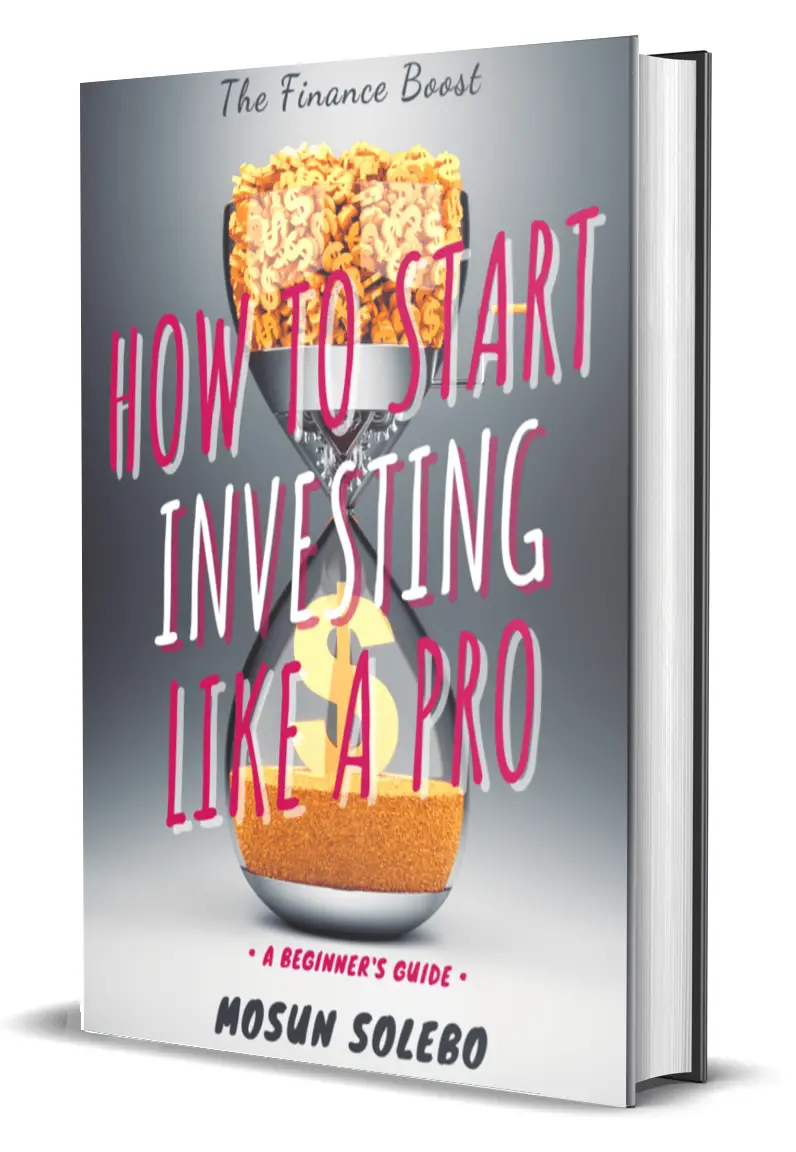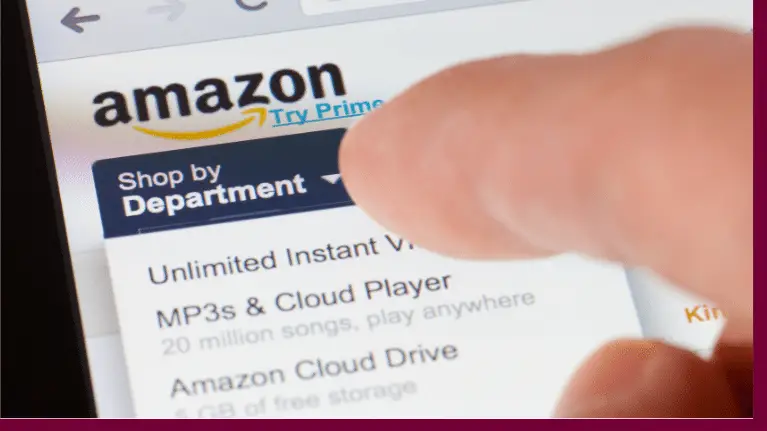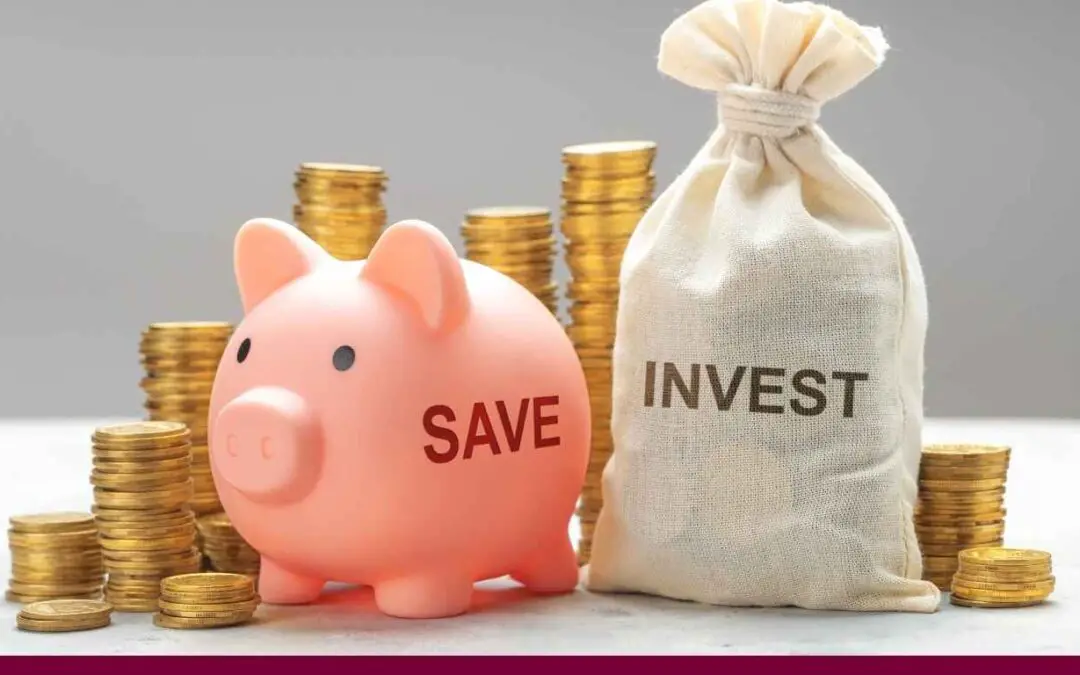If there’s one thing that keeps most renters from becoming homeowners, it’s the down payment. How do you start saving for a house when you’re already paying rent and other standard bills?
It seems insurmountable, especially when you think you need a 20 percent down payment or you live paycheck-to-paycheck.
But, it’s not as hard as you think. Check out the guide to hassle-free saving below.
How Much do you Need for a Down Payment?
First, let’s settle an old debate.
You don’t need a 20% down payment, you don’t even need close to 20% down. In most cases you can buy a home with as little as 3% down. Some programs even allow no down payment if you’re a veteran or a low-income family buying a rural property. These are government-backed loans with flexible guidelines that are great for first-time homebuyers.
The exact amount you need depends on the loan program, your credit, and the lender. On average, expect to put 5 – 10% down on a home, but you may put more or less.
In most cases, if you don’t put down 20%, you’ll have to pay mortgage insurance, but it’s not the end of the world, especially if you can secure a home earlier than you thought possible. Mortgage insurance helps lenders approve loans even for borrowers with less-than-perfect credit.
So how do you start saving for a house?
Take a look below.
1. Open an online high-yield savings account
Start by opening an online high-yield savings account. Find one that doesn’t have a minimum opening deposit requirement and that you don’t have easy access to it. You want an account that’s out of sight and out of mind, so you don’t needlessly spend the funds.
If it comes with an ATM card, hide it. Don’t give yourself easy access to the funds to allow them to grow faster. Let the interest compound and your earnings grow.
Related:
How to Save $1000 Fast- The ABC of Ultimate Savings Goals
2. Cut down on costs
When you start saving for a house, it’s important to go through your bank statements for the last 2 – 3 months. If you have credit card statements, pull them too.
Write down your expenses and categorize your spending to see what you spend each month. If you notice areas you overspend, find ways to cut the expenses. A few common categories most people overspend include:
Cable
Cut the cord; it’s time! Subscribe to a streaming service for a fraction of the cost and save the difference. The average person saves $100 a month just cutting the cord; that’s $1,200 in one year.
Dining out
How often do you eat out? Try cutting back and instead have a meal plan. Prepare meals ahead of time, so you always have food at home and are less tempted to eat out.
Coffee
Starbucks trips add up quickly. If you go even a few times a week, that’s $15 – $20 a week, or up to $80 a month. Give up your habit or make coffee at home and save the money instead.
Insurance
When’s the last time you shopped for cheaper insurance? If you’ve been with the same company for a while, your premiums likely increased without you realizing it. See what other options are out there and bank the difference.
Shop grocery sales and use coupons
Groceries are a common area for overspending. Clip coupons, join your store’s loyalty program, and shop the sales to cut your grocery budget down, leaving more room for savings.
Cut out subscriptions and memberships
Remember those ‘trial’ memberships you signed up for and never canceled? It’s time to cancel them and stop wasting money. Even $10 – $20 a month adds up.
Negotiate credit card APRs
Credit card debt eats away at any budget. Ask your credit card provider for a lower APR. Most oblige if you have a solid payment history and decent credit. If they don’t lower your APR, look for a 0% APR balance transfer card and consolidate your debt.
You may overspend in other areas. Be completely honest with yourself during this step. Find areas you can cut back so you can achieve your dream of homeownership.
Learn More:
32 Realistic Ways to Save Money Very Easily Without Giving up Too Much
15 Awesome Frugal Money Saving Ideas to Use Today
3. Start a side hustle
If you have a computer and internet connection, you can start a side hustle from your home. Freelance writing, selling crafty items, proofreading, website design, and transcribing are all great freelance gigs you can do in your free time. Since it’s your gig, you set the prices and choose the work you do.
If you prefer something more hands-on, try some of the following:
- Deliver food for Uber Eats or DoorDash
- Deliver groceries for Instacart or Shipt
- Walk dogs using Rover
- Rent out your car on Turo
- Rent out your home on Airbnb
Deposit the funds right into your online high-yield savings account rather than spending them. Act as if the funds don’t exist, and you’ll achieve your goals faster with the help of your new income.
Learn More:
36 Best Ideas to Earn Extra money Now and in the Future
4. Bank windfalls
Rather than spending ‘found money’, save it for your down payment. Tax refunds, work bonuses, and gift/inheritance money are all examples of bank windfalls. If you can’t save the entire amount, save at least 80% of it, giving your down payment fund a nice head start when you start saving for a house.
5. Don’t use credit cards to buy what you can’t afford
Only buy what you can pay for in cash. When you charge purchases, you usually aren’t thinking if you can afford it. You have plastic and can swipe and buy. If you don’t pay the balance in full within the grace period, the expense grows as interest accrues. The average credit card APR is 16%, which adds up quickly when you let it accrue.
Before you buy something, think about your budget. Does it fit? If you don’t know, don’t buy it until you determine if it fits in your budget. This gives you a ‘cooling-off period’ too. You may find that after leaving the store and giving yourself time that you don’t want it.
6. Sell items you don’t need/use
We all have items lying around our house we don’t need/use. Someone else may want them though. List your items on Facebook Marketplace, your local online garage sale sites, or eBay and make cash on your old items.
Not only will you make money, but you’ll also declutter your house, making it easier to move when you buy your dream home.
7. Automate your savings
Create a budget and figure out how much you can save each month. Don’t leave it to chance – set up an automatic transfer of the amount. If you can save $500 a month, set up direct-deposit through your employer for that amount or an automatic transfer from your bank account.
You can also use apps like Qapital that will automate saving towards your goals for you based on rules you set.
Learn More:
23 Money Saving Apps that will Fast-Track your Savings
Qapital Review: Everything you Need to Know About the Money App
Automatic transfers eliminate the risk of forgetting or overspending and not having enough money to save for a down payment.
8. Keep your eye on the prize
It may seem like it takes forever or like you have to sacrifice, but keep your eye on the prize. Any expenses you cut out or areas you save, make sure you transfer the funds directly to your savings account. Remember why you’re sacrificing and saving, and you’ll achieve your goal before you know it.
Learn More:
How to Budget and Save Money
Free Budget Apps
Why your Down Payment Matters
Your down payment is your investment in the home. It’s your ‘skin in the game’ as lenders like to view it.
The more money you invest in a home, the more likely you are to make your payments on time. If you don’t make a down payment and you lose your job, it’s easier to walk away from the home because you don’t have much to lose financially.
Sometimes a down payment is the ‘compensating factor’ when a borrower has a low credit score or high debt ratio. If you invest more than is required in the home, lenders may approve the loan even if the credit score is lower than they typically allow. Although, to ensure you get the best interest rates possible, it pays to have a great credit score.
A down payment also gives you an investment in your home. You build equity faster and have to borrow less. When you borrow less, you pay less interest over the loan’s term too.
A down payment is an important part of buying a home, but don’t let it hold you back. On a $200,000 loan, you may get a loan with as little as $7,000 with an FHA loan. If you have decent credit, conventional loans allow just 3% down for first-time homebuyers, which means just $6,000.
Figure out how much you need to start saving for a house and put together a feasible plan. When you see the numbers in writing and know how long it will take to achieve your goal, it’s easier to meet your goal and not feel so overwhelmed.










This is a very interesting article to have, reading through this has been really interesting and I enjoyed every bit of it. Saving money for a house always seem like a big deal so these ways of saving Money will be very well of help. I’d love to incorporate some if these into my spending, it’ll help me save a lot of money.
Hello Mosun, this is good information for me. I mean the possibility of me being able to start my own saving so as to get myself a home is something that I have always looked forward to and thankfully, you have tips on them. I didn’t know that it was possible to get started without a single down payment. I’ll have to make some more research for myself here
That’s good to hear Jackie
This has been one of my goals for a long time. But it has been during this pandemic that I have made up my mind.
What I appreciate most of this article are 2 things: 1. Giving me several ideas of how I could save money. 2. Actually encouraging me to save.
Thank you!
You’re welcome Paolo. Good luck with it!
Thank you for sharing this here. Being able to actually own a house is a matter of both discipline and the desire to actually gt things done the right way. For what is worth, I value what has been shared here and it makes a great deal of sense to me. Surely a very worthy one to see here and I can say that this is great enough for me to try out. Than you for sharing this here with us all. Thanks
Everyone today wants to start a business and it’s also the same for owning a house and this is one very clever idea to have your money for that venture. Saving money is really good but in other to stars saving, one has to cut down cost in every way she you’ll have to pay a close look at one’s lifestyle and see what should be adjusted.
Spot on Justin.